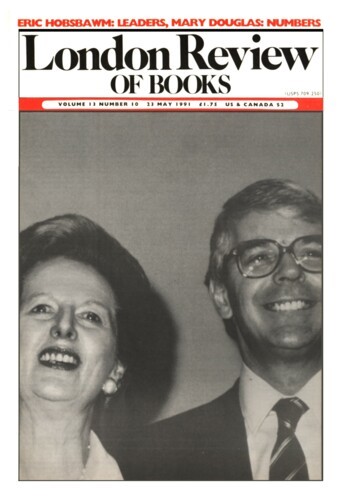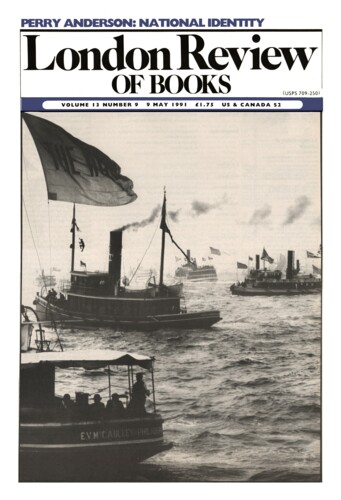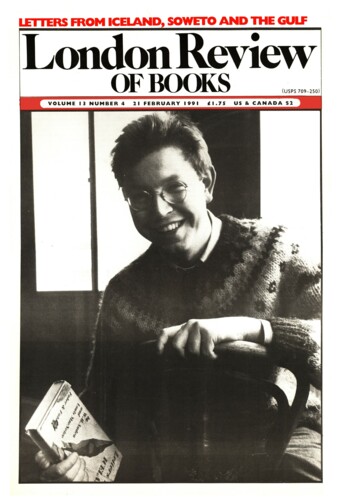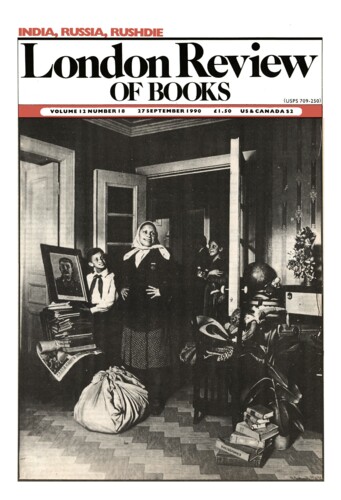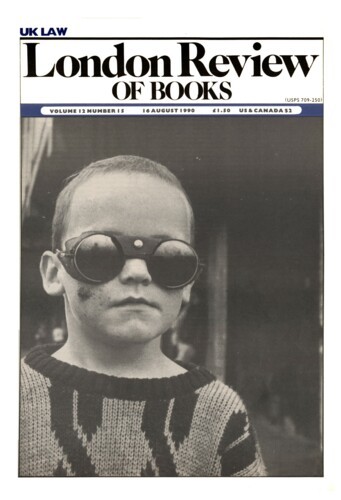Can rebels be happy?
D.J. Enright, 23 May 1991
After the fall of Batista in 1959, the poet Heberto Padilla, then 27 and living in New York, returned elatedly to Havana, joining the staff of the paper Revolucion. Thus helping to create the god who would later fail him. In 1961 the First Congress of Cuban Writers and Artists was held, its motto being ‘To Defend the Revolution is to Defend Culture’; simultaneously, Padilla says, it became clear that membership of the new Writers’ Union was to depend on approval by the National Board of Culture, a body designed to prevent any repetition of the Pasternak affair.
